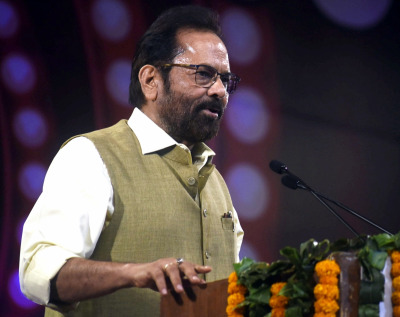Is AI Really Replacing Jobs? Yale Study Reveals the Truth

For years, artificial intelligence has been portrayed as a looming threat to jobs, especially in the tech sector. Headlines warn of massive layoffs, executives raise alarms in earnings calls, and debates rage over whether AI will replace human workers across industries. Yet, a new study from Yale University provides a counter-narrative, suggesting that much of the panic around AI-driven job loss may be exaggerated.
Examining the Data
Yale’s Budget Lab, a policy research center focusing on economics, analyzed US job trends over the 33 months since ChatGPT’s 2022 launch. The research focused on college graduates and how workers at different levels might be affected by AI. The study finds that the widespread anxiety surrounding AI’s impact on the labor market is largely speculative. “While anxiety over the effects of AI on today’s labor market is widespread, our data suggests it remains largely speculative,” the report states.
How Exposed Are Workers?
The researchers grouped workers into high, medium, and low exposure to AI. Surprisingly, the results show little disruption even among those most exposed. This suggests that, contrary to popular belief, AI has not yet become a major threat to jobs.
A Historical Perspective
The Yale team also compared workforce changes during the rise of personal computers in 1984 and the internet boom in 1996. They found that the pace of workforce transformation in the AI era closely mirrors these earlier periods, indicating that new technology may not be more disruptive than past innovations.
Impact on Recent Graduates
The study examined recent college graduates aged 20–24 versus slightly older workers aged 25-34. It found similar career paths and job distributions between the groups, showing that entry-level jobs remain largely unaffected by AI.
Other Factors Behind Job Loss
Yale’s report points out that recent shifts in employment, particularly in entry-level roles, are more likely due to a cooling job market than AI. “The picture of AI’s impact on the labor market that emerges from our data is one that largely reflects stability, not major disruption at an economy-wide level,” the study reads. Other contributing factors include the US Federal Reserve ending its zero-interest rate policy in 2022, which had previously enabled companies to borrow cheaply and expand, and the growing number of highly educated graduates exceeding available entry-level positions.
The Takeaway
While generative AI has the potential to be a transformative, general-purpose technology, the Yale study cautions against assuming it will immediately disrupt employment. “While generative AI looks likely to join the ranks of transformative, general purpose technologies, it is too soon to tell how disruptive the technology will be to jobs,” the report concludes.
Examining the Data
Yale’s Budget Lab, a policy research center focusing on economics, analyzed US job trends over the 33 months since ChatGPT’s 2022 launch. The research focused on college graduates and how workers at different levels might be affected by AI. The study finds that the widespread anxiety surrounding AI’s impact on the labor market is largely speculative. “While anxiety over the effects of AI on today’s labor market is widespread, our data suggests it remains largely speculative,” the report states. How Exposed Are Workers?
The researchers grouped workers into high, medium, and low exposure to AI. Surprisingly, the results show little disruption even among those most exposed. This suggests that, contrary to popular belief, AI has not yet become a major threat to jobs.You may also like
- 'Gay people will give me cancer, Trump is here': Newark-bound flight diverted after man's bizarre statement; passenger removed
 Lloyds Bank explains new £300 rule as customers given 'options'
Lloyds Bank explains new £300 rule as customers given 'options' NDA govt will be formed again in Bihar: BJP ahead of ECI's announcement of Assembly poll schedule
NDA govt will be formed again in Bihar: BJP ahead of ECI's announcement of Assembly poll schedule- Sainsbury's launches huge Christmas jobs recruitment drive with 19,000 new roles
- Is your brain ageing faster than you think? Doctor shares early warning signs you must not miss









